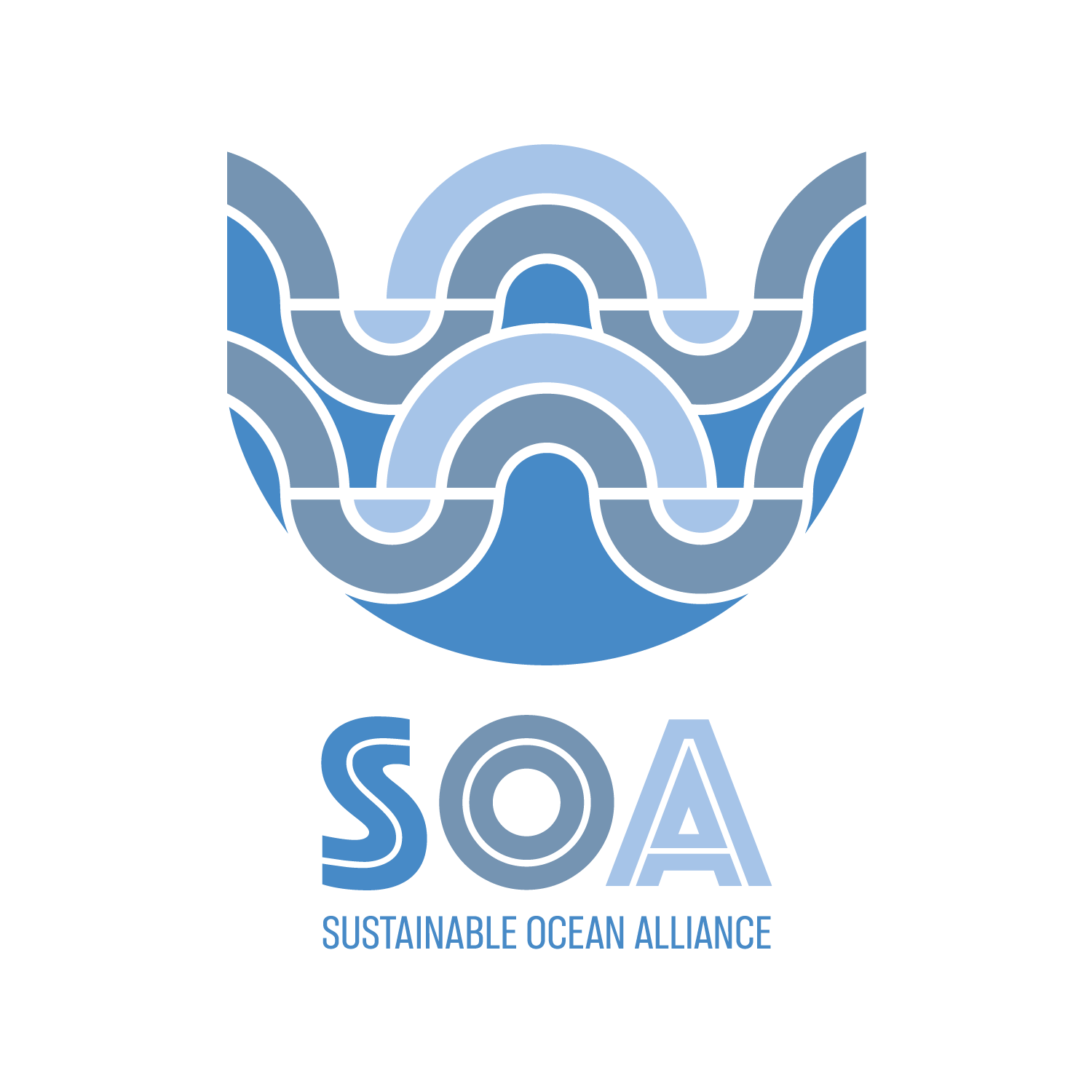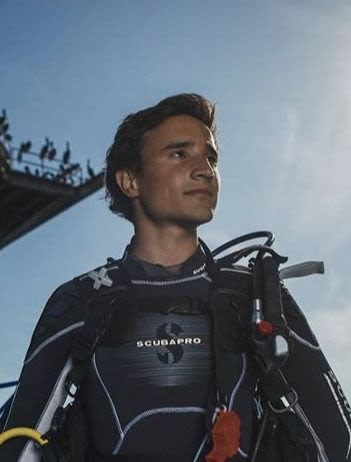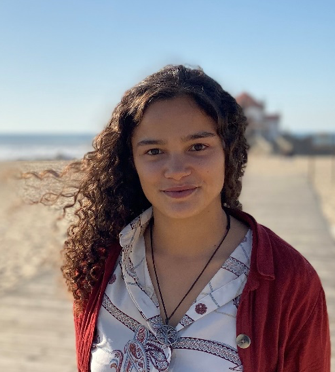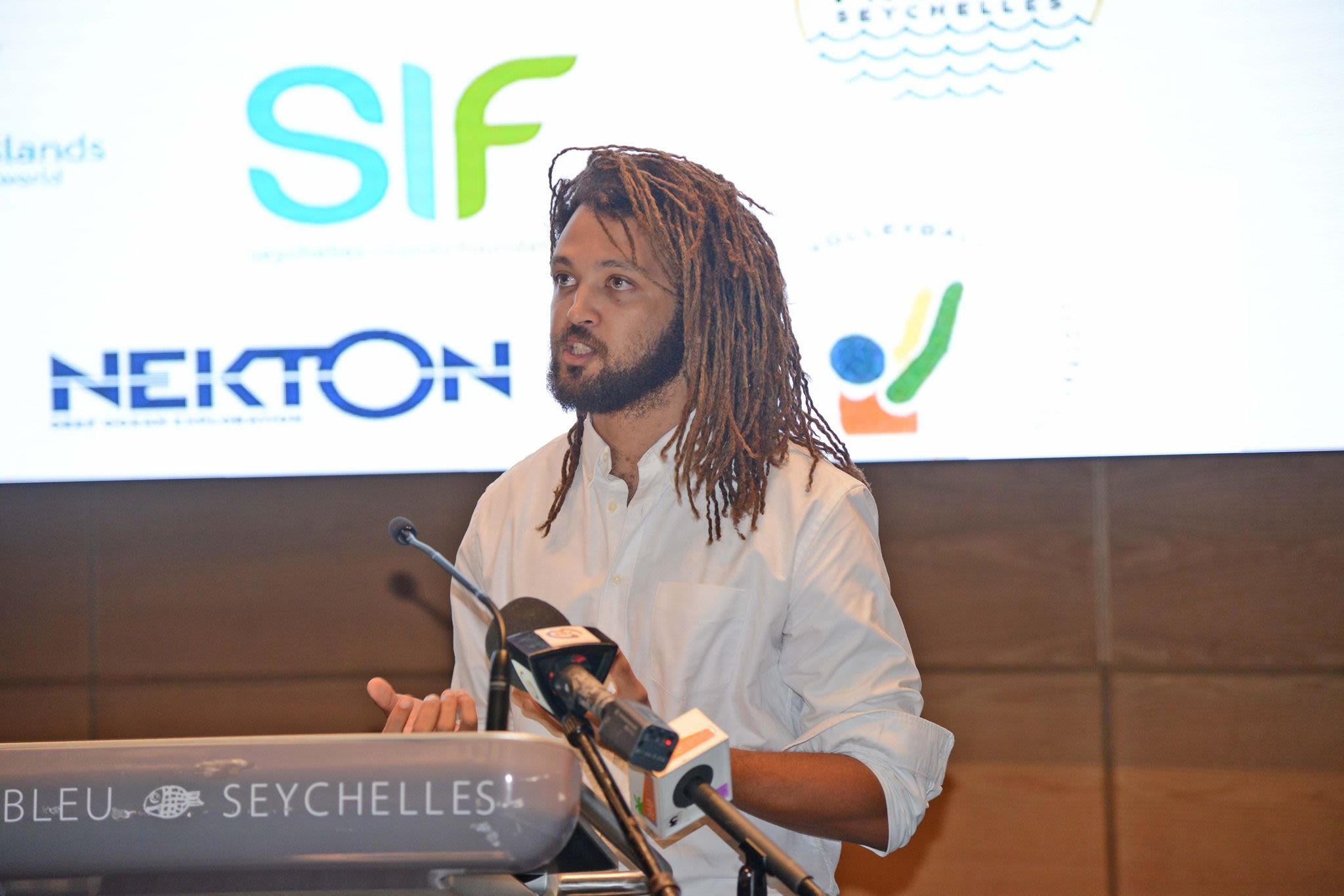Young ocean leaders stand against deep-seabed mining
In recent years, there has been expanding international interest in commercially mining the incredibly diverse and fragile deep seabed to access minerals and metals, such as cobalt, copper, and nickel – all under the guise of needing to fuel the green energy revolution.
At present, the pressure is mounting for the International Seabed Authority (ISA) to finalise and adopt exploitation regulations that would open the door for extraction to begin internationally. The ISA’s next meeting is scheduled for October 2020. With so much at stake, Sustainable Ocean Alliance (SOA) – an organisation representing the largest global network of young ocean leaders – is urging the global community to take a considered pause before rushing forward with deep-seabed mining, and is calling for a moratorium on deep-seabed mining for at least for 10 years – in line with the UN Decade of Ocean Science.
This moratorium would allow the global ocean community to conduct further scientific research to better understand the potential impacts of mining on biodiversity, the seabed’s role in carbon storage, the potential for mitigation and recovery, and the opportunities to invest in and expand the circular economy. This position resonates deeply with SOA’s global young ocean leaders, as they are concerned that deep-seabed mining may be a final tipping point for an ocean already under extreme threat. Three of these young ocean leaders share their thoughts below.
Daniel Cáceres Bartra (President, SOA Perú)
Peru has a high degree of vulnerability to climate change and no national laws against seabed mining. The youth of the country must now focus our energy on preventing companies from damaging one of our last untouched ecosystems, the deep sea.
In Peru, we are spreading awareness around the threat of deep-seabed mining by creating a coalition of passionate leaders and organisations. We are reaching out to our politicians to join in the fight, to either spread the message about the need for a moratorium or sponsor targeted legislation. In Peru we are doing our part and we urge you to join us in this once-in-a-lifetime opportunity to stand against the destruction of our last untouched ecosystem, the deep sea, and seabed. One seabed, one ocean, one planet.
Eugenia Barroca (Co-Founder, SOA Portugal)
Over the past decade, deep-seabed mining has developed into a major dialogue in Portugal. In May 2018, I participated in the ‘Deep Sea Mining International Workshop’ and from this, one key question arose: is the solution to deep-seabed mining at the bottom of the sea or does it start in our own house?
As a lifelong ocean lover, I stand for the development of a circular economy, an effective model demonstrated by our global ecosystems, just as I stand against deep-seabed mining. I am committed to translating this vision into reality by educating Portuguese communities about the importance of the fragile, biodiverse deep-sea ecosystem and petitioning the Portuguese government to support a moratorium on deep-seabed mining.
Jeremy Raguain (SOA Youth Leader, Seychelles)
As a young leader and islander from Seychelles, an African Small Island Developing State (SIDS), I do not believe that deep-seabed mining is compatible with a sustainable ‘blue economy’. While African and other developing countries must rise to meet their populations’ socio-economic needs, we must understand that, as members of the most vulnerable communities, we will be the ones most affected by deteriorated ocean health and the climate crisis. Moreover, industrial fishing and other ocean extractive industries show that our communities are the least likely to benefit from any financial gains from destructive activities, such as deep-seabed mining.
Therefore, I implore the government of Seychelles, the African Union, and the Alliance of SIDS to support an international moratorium on deep-seabed mining. We must proceed in line with the precautionary principle, better understanding the deep sea and its value before we allow irreversible harm. We, on the frontlines of the climate crisis, cannot continue to justify or support actions that contribute to our own detriment – present and future. Though we are small, though we are less developed, we must lead by example.
These SOA young ocean leaders are passionate and unwavering in their belief that deep-seabed mining is an unjustified threat to the health of the ocean and the future generations that depend on it. They are the voices and faces of SOA’s campaign against deep-seabed mining, globally and locally, and we stand united with them to defend the health of our one ocean.
In the words of SOA’s Founder and CEO, Daniela Fernandez, “We can no longer deny the trajectory of the climate’s decline, nor can we accept the pillage of our last natural resources for economic gain. We ask that you and your community join us in our call for an international moratorium on deep-seabed mining.”
- This is a guest blog and may not represent the views of Virgin.com. Please see virgin.com/terms for more details.
This post is part of a series produced by Virgin Unite in partnership with Ocean Unite, an initiative to unite and activate powerful voices for ocean-conservation action. The views and opinions expressed in this blog are those of the authors and do not necessarily represent or reflect the views of Ocean Unite.




